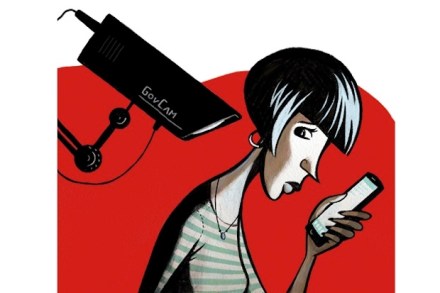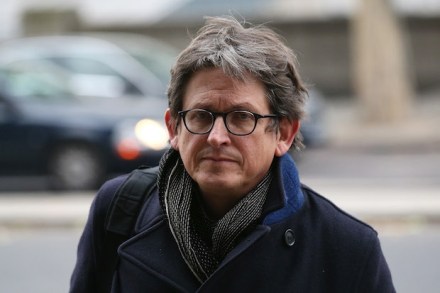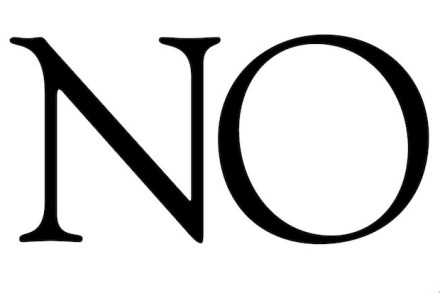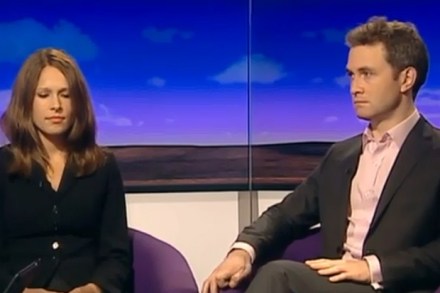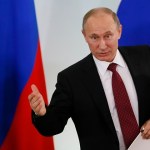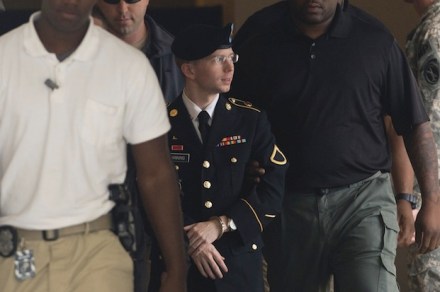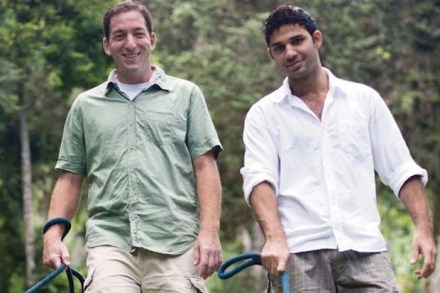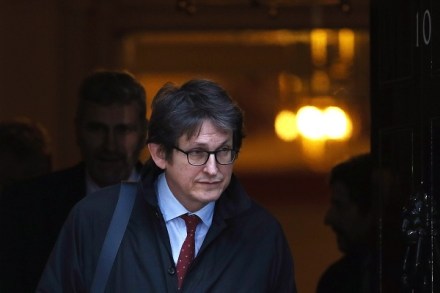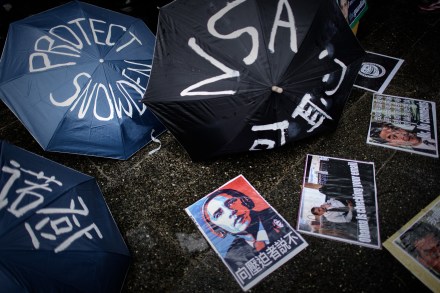Ten reasons why conservatives should take Edward Snowden seriously
Towards the end of last year Tom Stoppard gave a rather brilliant PEN/Pinter lecture on freedom of expression which was, in part, a kind of love letter to the place which has been his home since 1946: ‘There is no country in the world I would rather be living in, no country where I would feel safer.’ Later in the same lecture he listed his own ‘obsequies over the England we have mislaid’. The list began: ‘Surveillance, mis-selling pensions and insurance. Phone hacking. Celebrity culture. Premiership football. Dodgy dossier. Health and Safety. MPs’ expenses…’ And so on, before underlining his own personal mantra on human rights: ‘A free press makes
